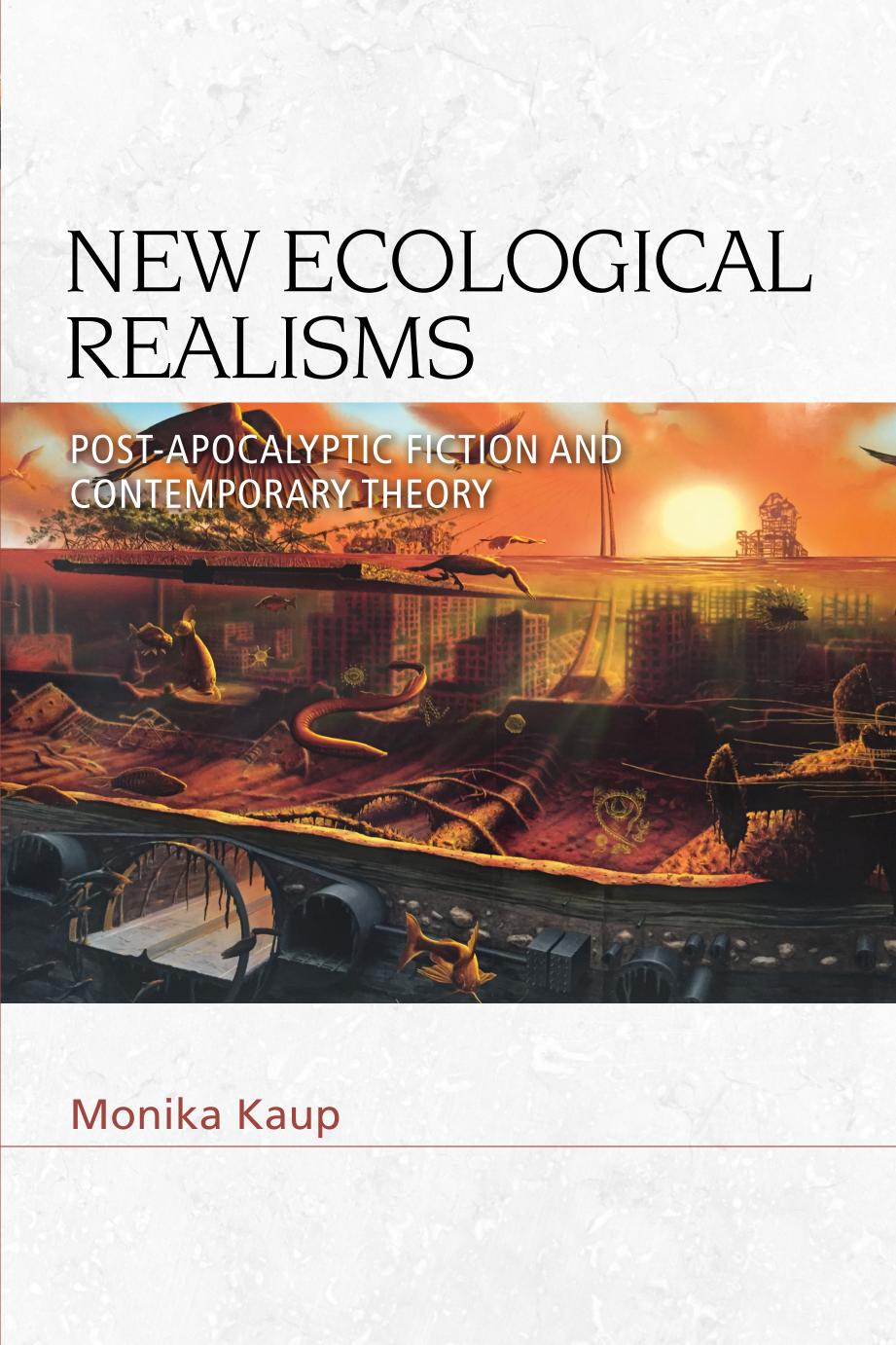

Most ebook files are in PDF format, so you can easily read them using various software such as Foxit Reader or directly on the Google Chrome browser.
Some ebook files are released by publishers in other formats such as .awz, .mobi, .epub, .fb2, etc. You may need to install specific software to read these formats on mobile/PC, such as Calibre.
Please read the tutorial at this link: https://ebookbell.com/faq
We offer FREE conversion to the popular formats you request; however, this may take some time. Therefore, right after payment, please email us, and we will try to provide the service as quickly as possible.
For some exceptional file formats or broken links (if any), please refrain from opening any disputes. Instead, email us first, and we will try to assist within a maximum of 6 hours.
EbookBell Team

5.0
60 reviewsMonika Kaup pairs post-apocalyptic novels by Margaret Atwood, José Saramago, Octavia Butler and Cormac McCarthy with new realist theories from Bruno Latour, Humberto Maturana, Francisco Varela, Markus Gabriel, Jean-Luc Marion and Alphonso Lingis. She shows that, just as new realist theory can illuminate post-apocalyptic literature, post-apocalyptic literature can illuminate new theories of the real. Kaup showcases a context-based concept of the real. She argues that new realisms of complex and embedded wholes, actor-networks and ecologies - not the old realisms of isolated parts and things - represent the most promising escape from the impasses of constructivism and positivism.